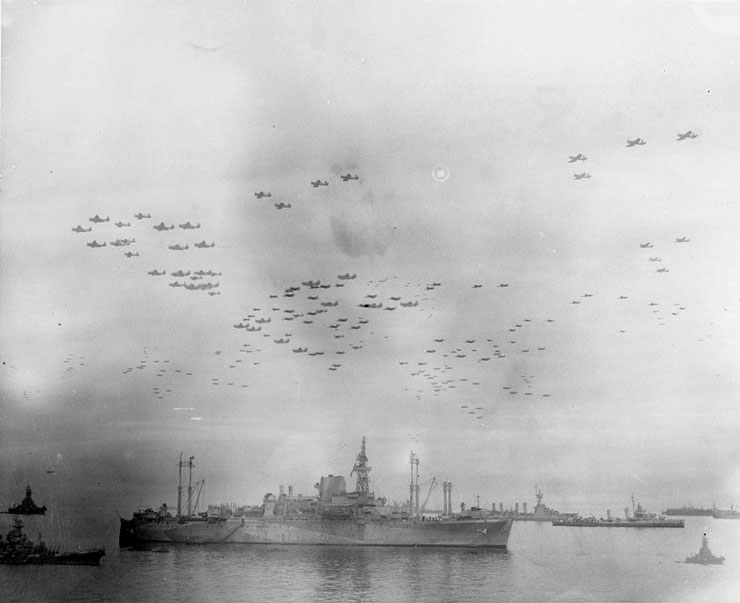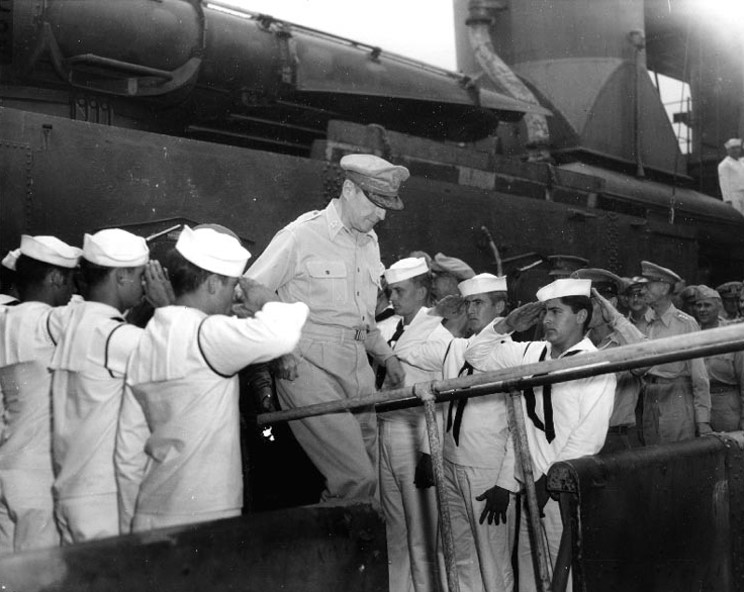

More were picked up by crash boats and brought into Point Judith and Newport. After broadcasting an additional distress call it promptly moved in to rescue survivors. The Yugoslavian freighter Kamen witnessed the attack.

Black Point was one of the last of 3,500 merchant ships lost during the Battle of the Atlantic. An SOS was tapped out by radioman Ray Tharl before the vessel sunk. Four Armed Guard survived the attack, as did the remaining Merchant Marine crew, including Captain Prior. Navy Armed Guard crew in the stern and 11 Merchant Marine sailors.

I could smell gunpowder in the air and the stern of my ship was completely blown off.”Ī dozen of Black Point’s crew were killed by U-853’s torpedo: a member of U.S.

The wheelhouse door was blown open and I don’t remember if I lit the cigarette or swallowed it. The clock was blown off the wall and the barometer off the bulkhead. It’s 5:40 in the afternoon and I just stepped out of the wheelhouse onto the bridge wing, reached in my pocket for a cigarette, put it in my mouth and that’s when it hit the fan. I could see Point Judith light station clear as a bell, hell we were just a couple miles offshore and a little east of the Light. “We had just passed to the left of the R-2 buoy, about one mile behind. Once underway, Prior tried to make good speed to Boston U-853 permanently ended her voyage. Visibility was so bad that the skipper, Captain Charles Prior, had to drop anchor and wait for the fog to lift. On the afternoon of May 5, as the Black Point left the safety of Long Island Sound, she ran into a thick fog bank near New Haven. “He hoped so much that all the fine fellows of the crew could survive,” she wrote in a 1974 letter. According to Sommer’s wife, he warned Fromsdorf not to take needless risks with the war nearing its end. He had some words of advice for Fromsdorf before the latter left Germany. Sommers’ injuries prevented him from joining 853 on what proved to be her last patrol. After escaping from almost certain destruction 853’s crew began to refer to her as “ der Seiltanzer” or the “Tightrope Walker” her American pursuers referred to her as Moby Dick due to the submarine’s elusive nature. He had replaced Helmut Sommer who was badly injured on a previous patrol, when 853 was strafed while on the surface by American aircraft from the escort carrier USS Croatan. With 55 sailors aboard, the two-year-old Type IXC/40 submarine was under the command of Oberleutnant Zur See Helmut Fromsdorf. Berlin time, the German submarine U-853, was lurking off the coast of Rhode Island seeking prey. On that same fateful night of May 4, Donitz issued his cease hostilities order to go into effect the next morning at 8 a.m. Mariners being a superstitious lot believe that changing a ship’s name invited bad luck, in this case superstition became reality. Sprague of Boston and named S.S Black Point. After the 1918 Armistice, she was sold to a private shipping company and renamed the Nebraskan and sold again in 1927 to C.H. Navy after being acquired for convoy duty to France to aid the American Expeditionary Forces during the First World War. She was built in 1918 and originally named USS Fairmont by the U.S. Black Point, a 396-foot-long collier, was on her way from Virginia to Boston with a cargo of more than 7,500 tons of coal for the Boston Edison power plant. While the Penguin’s crew were enjoying themselves, S.S. The message would not be received or heeded by all German submarines at sea. Stop all hostile action against allied shipping.
#SURRENDER NAVAL ACTIO FULL#
That same morning of May 4, Doenitz knowing full well the end was near for Germany issued the following order: ON THE EVENING of May 4, 1945, the officers and crew of the salvage and submarine rescue vessel USS Penguin ASR-12 were celebrating the apparent end of WWII in the Atlantic theatre.īuoyed by the April 30 suicide of Adolf Hitler and the appointment of Admiral Karl Doenitz as Fuehrer, the men aboard the Groton, Connecticut-based vessel had no idea that they would soon be called into action in one of the final naval engagements of the Second World War’s storied Battle of the Atlantic. “The rusted tomb begs the question: Why was Fromsdorf willing to risk his boat and crew for one last kill?” Hitler was dead and Germany was just days away from unconditional surrender when a lone U-boat lurking off Rhode Island carried out one last desperate strike against American shipping.


 0 kommentar(er)
0 kommentar(er)
